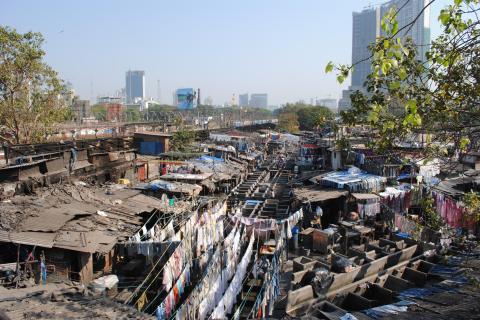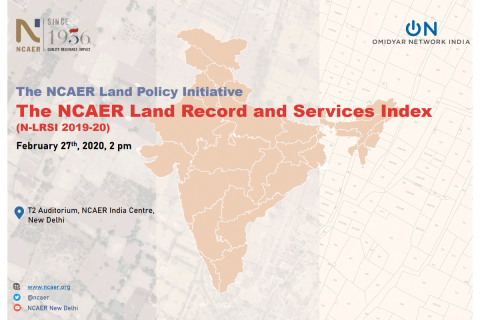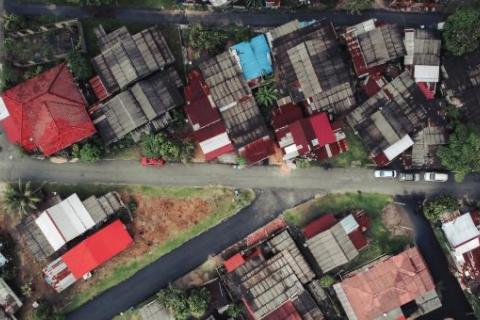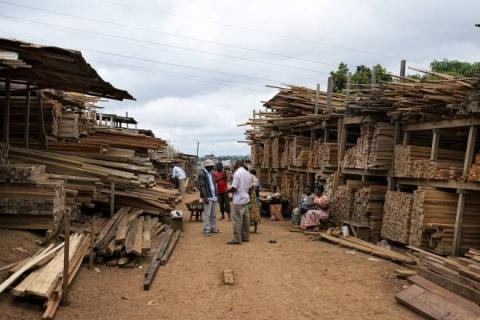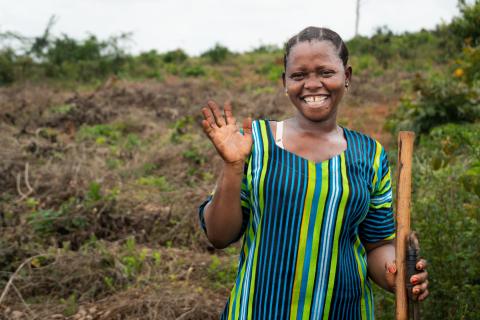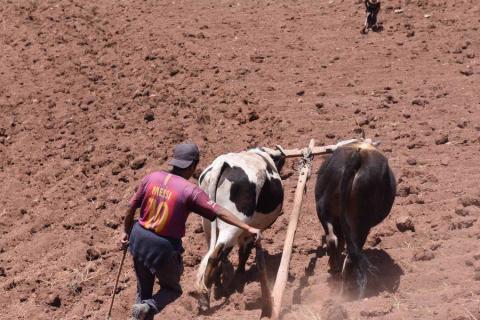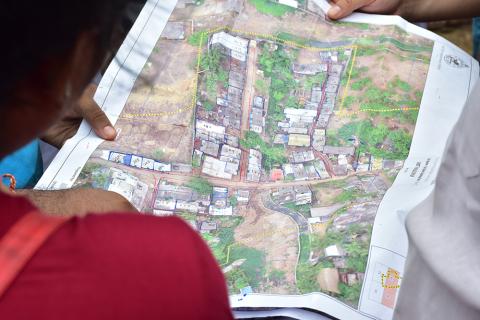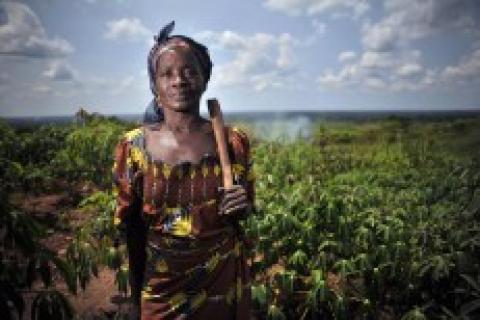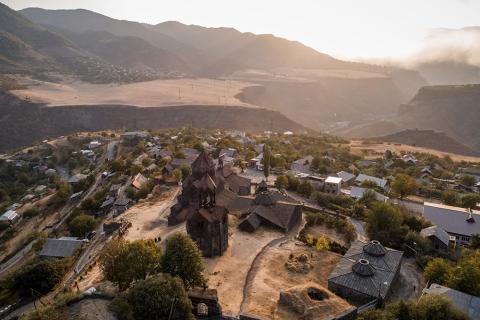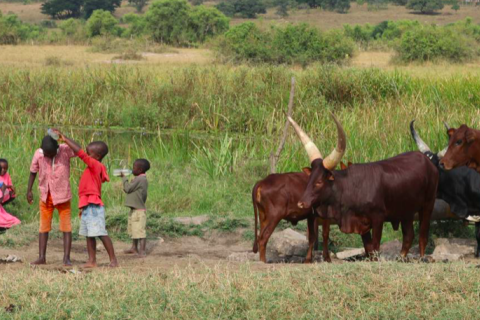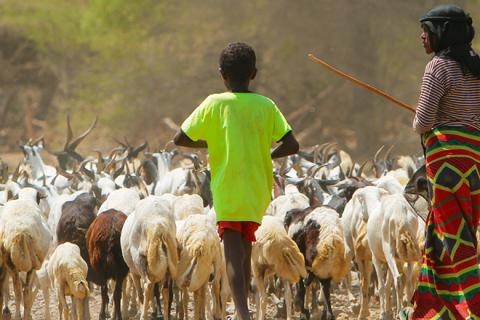Reviving the post Covid-19 Indian Economy and the Twin Challenges of Informal Workers and Slums
Informal workers and desperate journeys
‘Corona lockdown’ led to one of the biggest migrations in India’s modern history. Hungry, thirsty and hapless- millions of migrant workers who form the backbone of our glittering megacities- took to the road, on desperate journeys home. These migrant workers are part of the informal economy- toiling away in construction sector and small factories, recycling waste or doing other precarious jobs. Many of them are landless or small/marginal farmers from rainfed farming areas, migrating seasonally.

